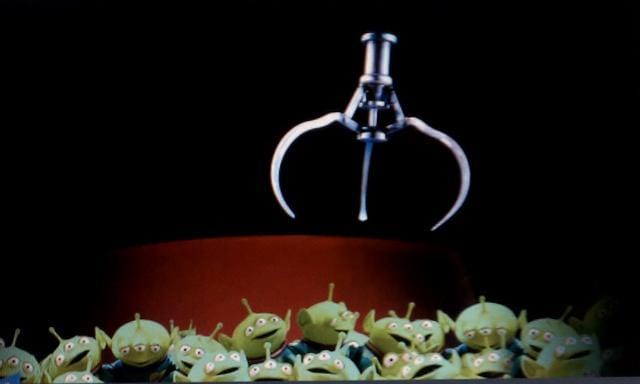How hard does a game have to be for it to be illegal?

What does a claw game have in common with last year’s acclaimed JRPG Dark Souls? Well ok, maybe not all that much, but one thing the two games undeniably share is their legendary difficulty. But when does difficulty transition from a design flaw (as many detractors of arcade-style games call their attempt to manipulate the player into feeding the machine more coins) into an aesthetic choice (as fans of Dark Souls saw it)? In the case of some types of gaming, difficulty can even become a tenuous legal question, Slate reports:
While claw games have been compared to kiddy slot machines by critics, the law considers them to be to be games of skill, as opposed to games of chance. In several states, so-called “Chuck E. Cheese laws” ensure that children’s arcade games won’t be tagged with regulations designed for casinos. (Even under these rules, claw games are illegal when they don’t give players a fair shot.)
How, exactly, does one quantify “fairness?” Gambling restrictions have always had an odd place in the United States, so it’s hard to say how this will affect gaming. Could any game with a kill screen suddenly be deemed illegal, consigning the final levels of Pac Man to Las Vegas and Atlantic City?
-Yannick LeJacq
[via Slate]



